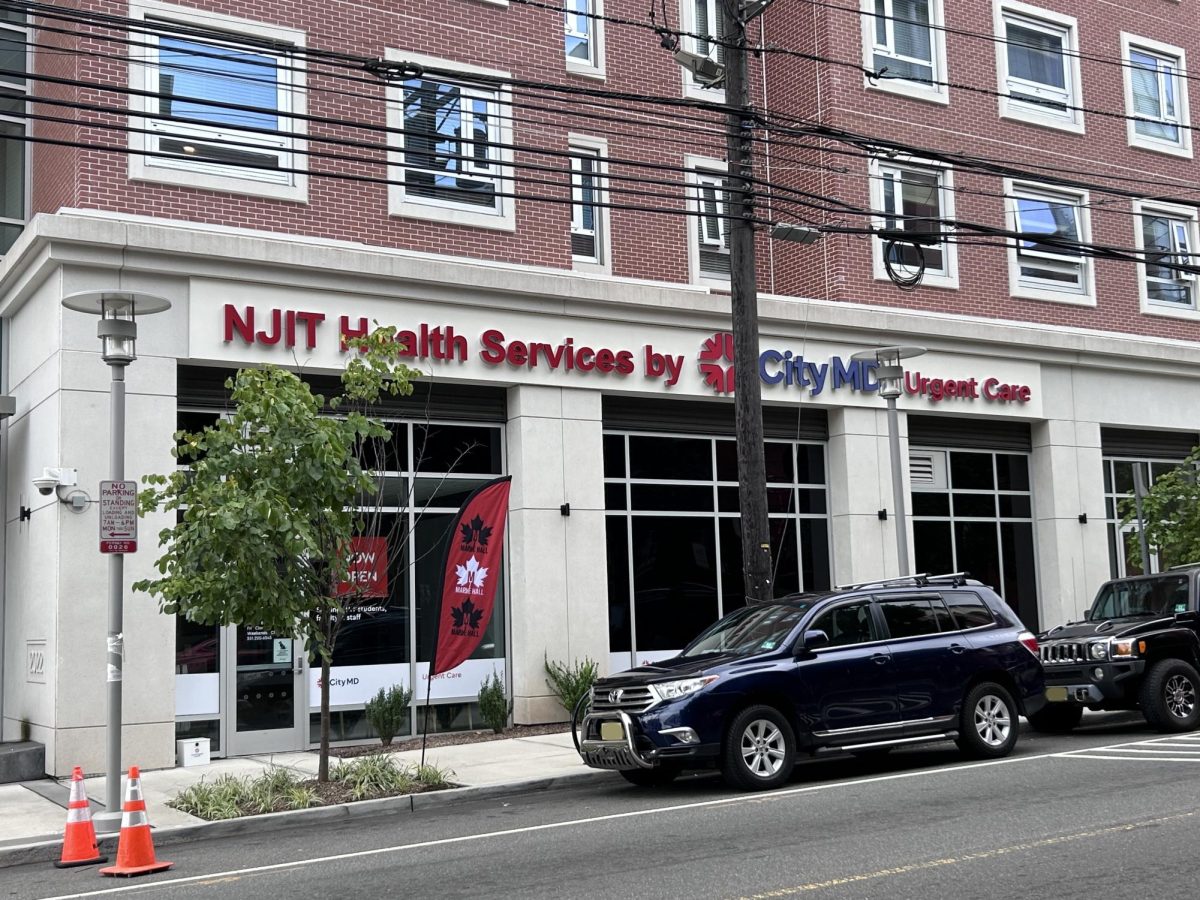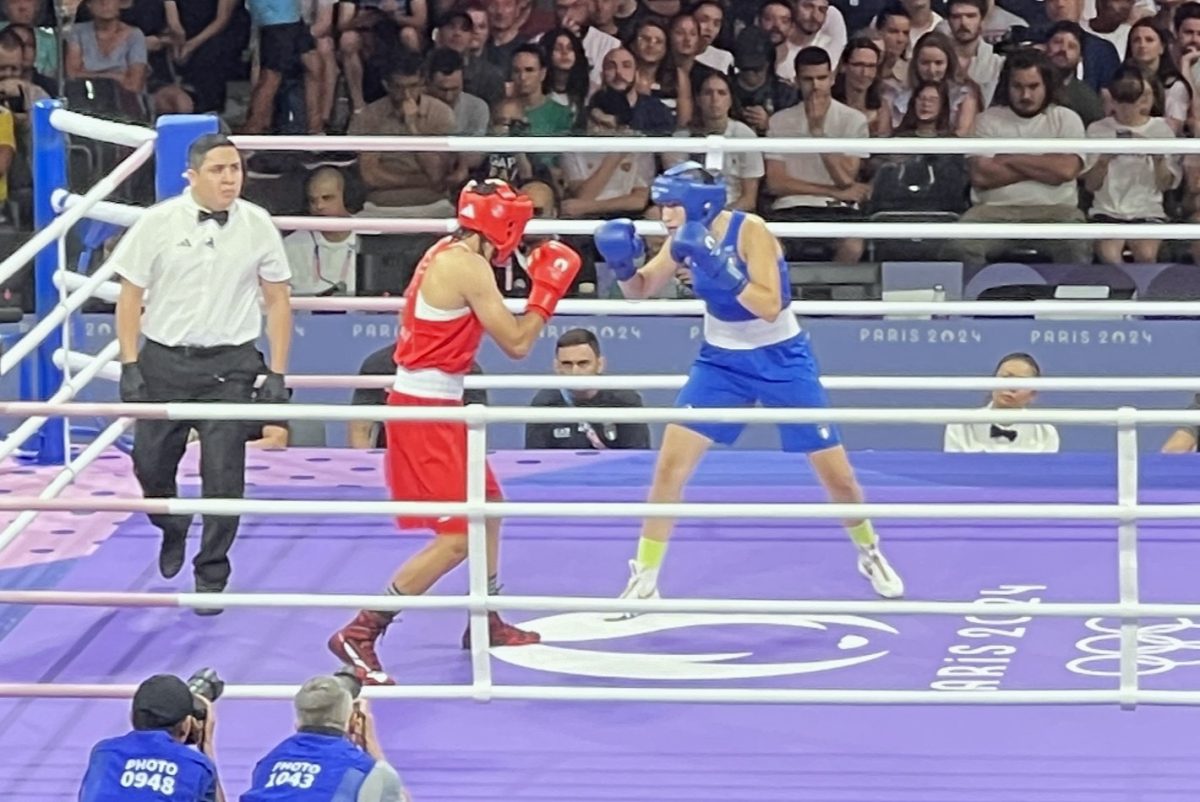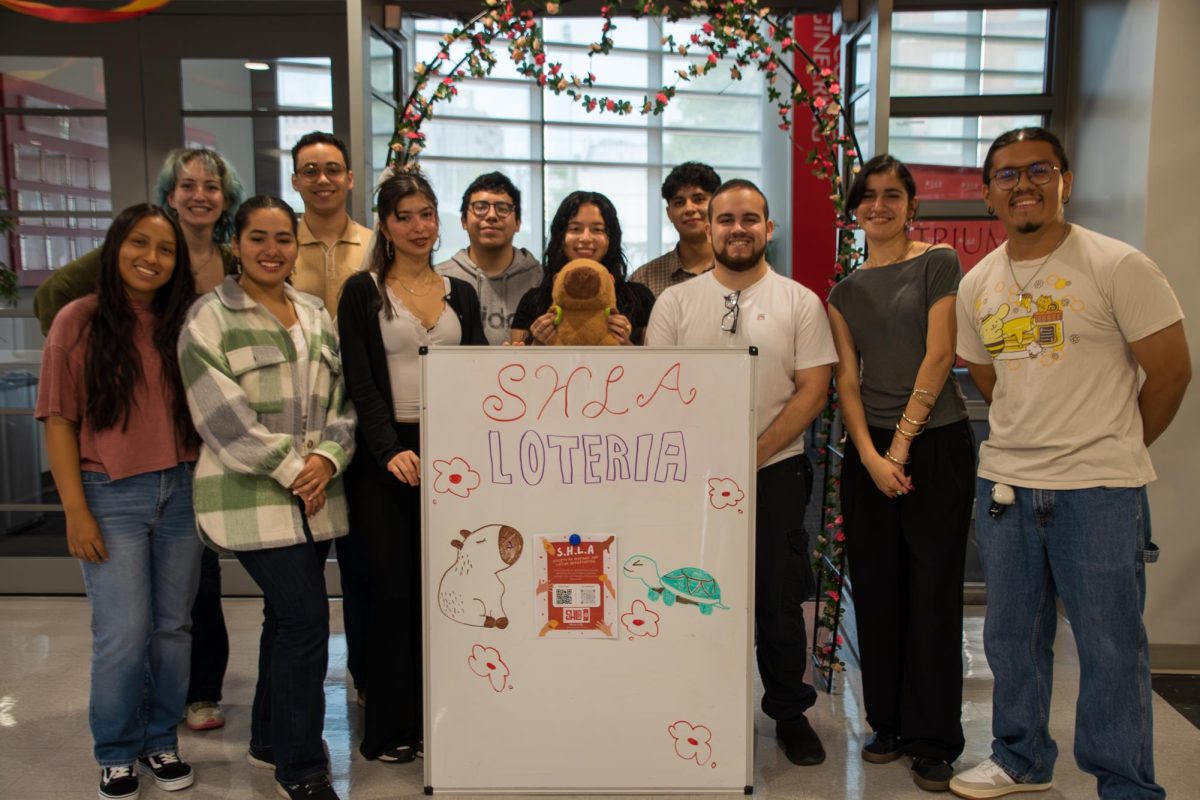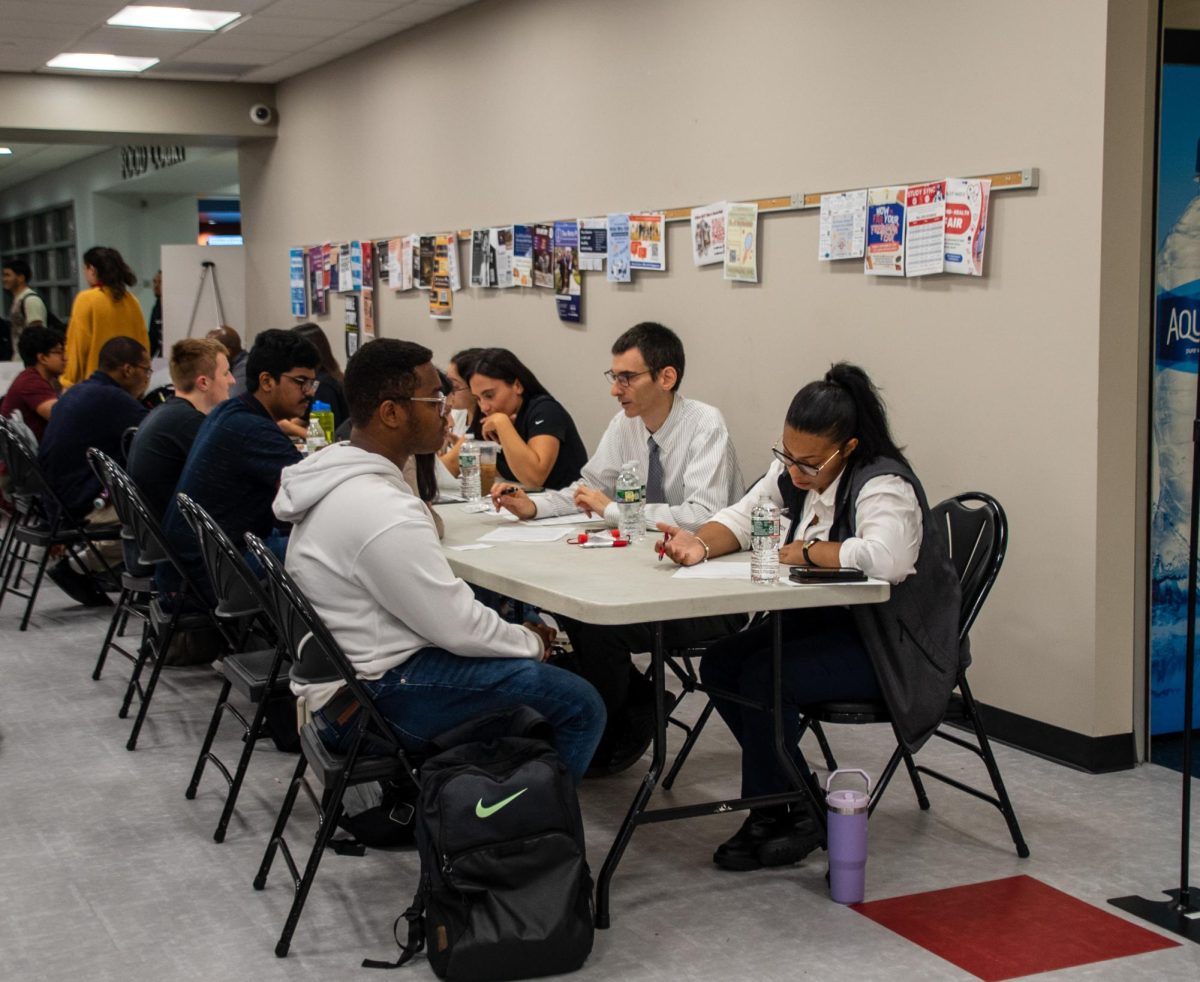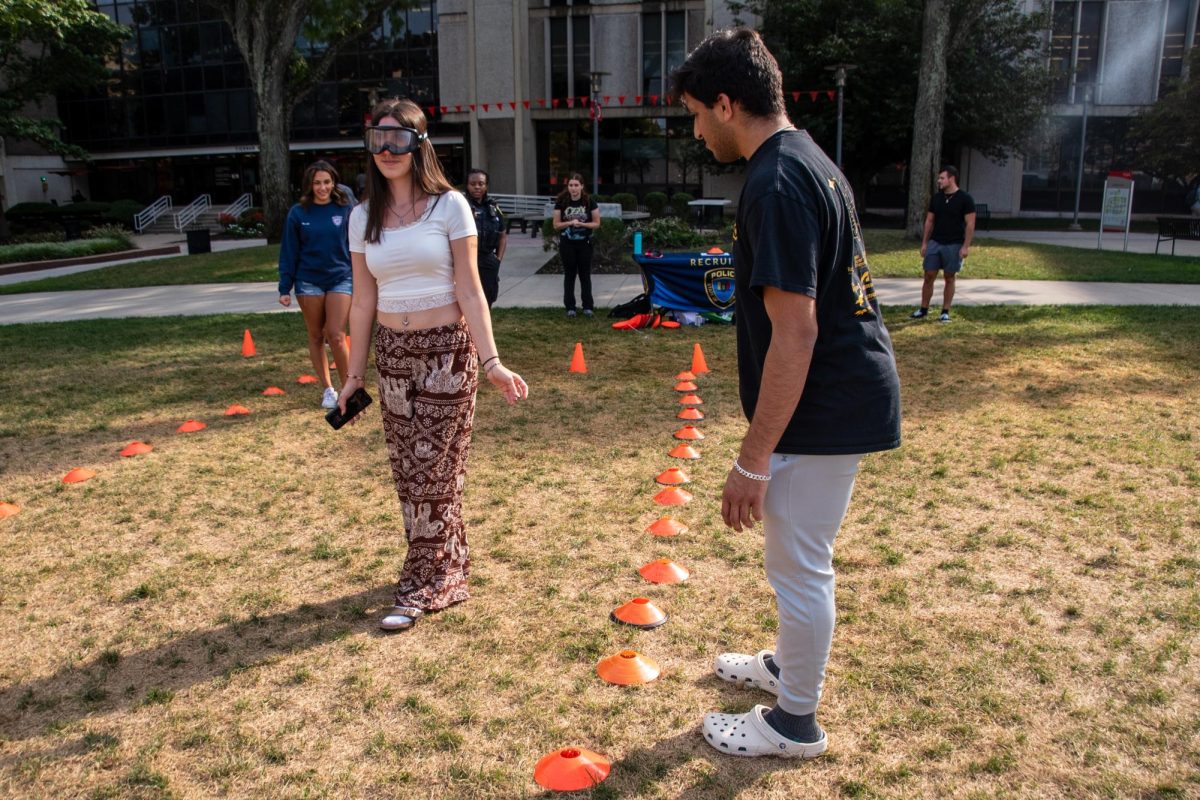In recent years, college communities across the nation have been proposing and implementing policies that restrict, and in some cases, ban bottled water sales on campus. It all started in 2009 when Washington University in St. Louis became the first university to ban the sale of bottled water and restrict the use of university funds to purchase it for meetings and events. Since then, over 50 other colleges and universities have followed suit with various degrees of restrictions against the ubiquitous disposable bottle. These universities include the likes of Princeton, Brown, Cornell and Harvard, to name a few.
As radical as these efforts may seem, the environmental and social impacts of the production, distribution and disposal of plastic bottles are increasingly significant issues that we cannot responsibly ignore.
The sustainability department at Duke University offers a summary of the core issues:
“The production and consumption of bottled water consumes energy, pollutes the environment, and contributes to global warming. Producing the plastic bottles uses energy and emits toxic chemicals. Transporting the bottled water across hundreds or thousands of miles spews carbon dioxide into the air, complicating our efforts to combat global climate change. And in the end, empty bottles are piling up in landfills.”
NJIT has made steps in the right direction with a few well-placed bottle refilling stations, but there remains much room for improvement.
The cases of bottled water that remain a staple of events and meetings of all sizes in the Campus Center can be easily replaced with 10-gallon water coolers filled with filtered water, paired with paper cups or the durable and washable plastic cups used in the dining hall.
The funds saved from avoiding bottled water could be utilized to subsidize the cost of refillable bottles in the bookstore and C-store on campus. Ultimately, NJIT should strive to offer free refillable bottles to all the incoming freshmen, as is the case at Cornell University.
Restricting the availability of bottled water is not an intuitive decision, as our society is intertwined with the convenience it offers. Nevertheless, the convenience of accessible water need not be lost with a transition to refillable bottles and alternative hydration options. These campaigns foster a cultural shift toward reducing our impact on the environment that graduates will carry that with them long after their time at NJIT is done.
Plastic bottle facts:
- Almost half of all bottled water comes from tap water systems.
- Plastic bottle production in the United States annually requires about 17.6 million barrels of oil.
- Worldwide bottling of water uses about 2.7 million tons of plastic each year.
- About 86 percent of empty plastic water bottles in the United States land in the garbage instead of being recycled. That amounts to about two million tons of PET plastic bottles piling up in U.S. landfills each year.
- Many plastic bottles of all types and sizes will be incinerated, which releases toxic byproducts such as chlorine gas and ash laden with heavy metals.
- Manufacturing the 28.6 billion PET water bottles in the United States uses the equivalent of 17.6 million barrels of oil.
- In privatizing water, bottling corporations limit access to an essential resource that many believe should always be public. The plastic used to create the bottles can take up to 1,000 years to biodegrade and can’t be recycled — it can only be “downcycled”
- Tap water is more strictly regulated by the Environmental Protection Agency than bottled water is by the Food and Drug Administration.
Related reading:
Take Back the Tap at Duke University
Western Washington University report (instated a ban in April 2014)
*CC image courtesy of Steven Depolo on Flickr





